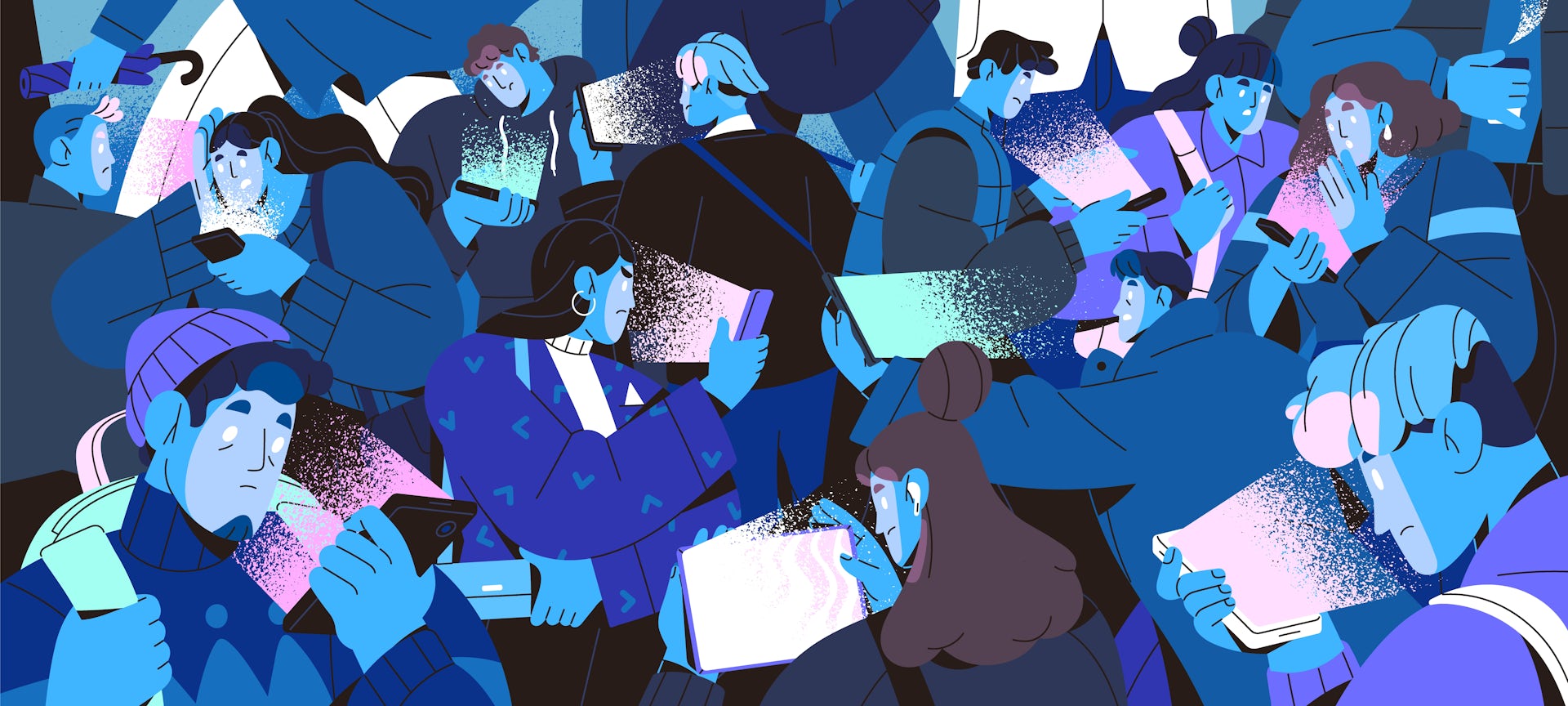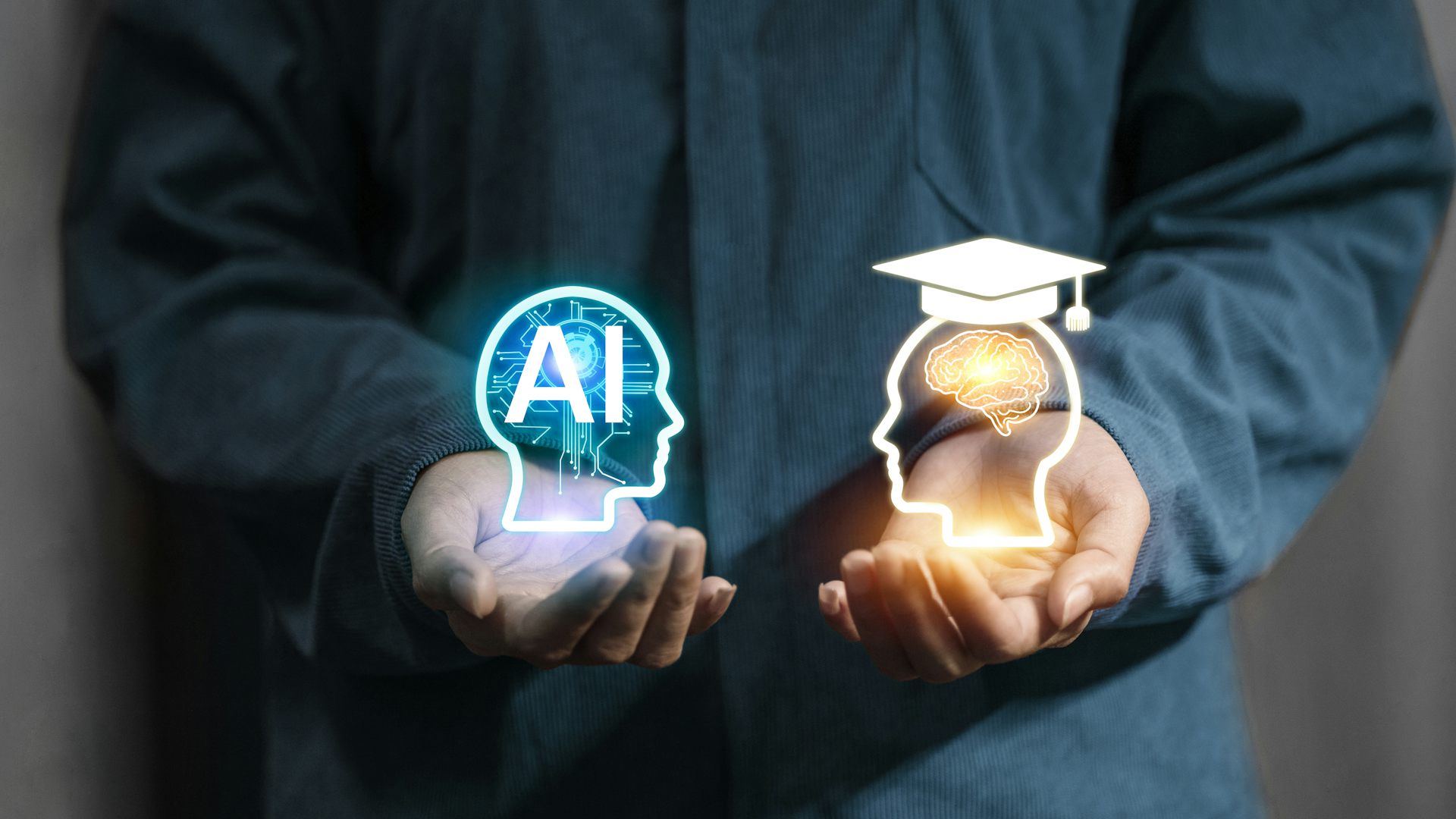Will the AI jobs revolution bring about human revolt, too?
As artificial intelligence technology becomes more capable, it threatens more types of jobs – like lawyers, bureaucrats and managers. What social upheaval will happen if those people can't find work?

The rise of artificial intelligence threatens to eliminate jobs once considered impossible to automate. One series of papers by Oxford researchers ranks jobs by their estimated susceptibility to automation. Among those most rated likely to vanish – because they involve work that AI can increasingly accomplish less expensively – are real estate brokers, insurance claims adjusters and sports referees. Could anything good come of mass unemployment?
History tells us that when technology squeezes people out of jobs, they revolt. Industrialization in 19th-century England, for example, gave rise to Luddite activism. Unfortunately, history also suggests that protests of the marginalized don’t solve the underlying problem. The British Army suppressed the Luddites; the government passed laws to protect factory equipment and industrialization marched on. As Marx went on to theorize, in a capitalist society, the government is co-opted by the wealthy classes.
What happens, though, when that skilled upper class is itself put out of a job? That’s the question that mass AI-based unemployment would pose. What would happen when well-educated lawyers, journalists, bureaucrats, corporate managers and other creative-class knowledge workers can’t find work? Could the rise of AI lead to a white-collar rebellion?
Extremely capable AI
When I was a Ph.D. student in the mid-1990s working in a subfield of AI known as computer vision – the automated processing of imagery – I used to think that the grand challenge of the field was to develop software that could take an arbitrary image and output a text description of it. At the time, computers couldn’t tell if a photo contained a human face or a bowl of macaroni and cheese. It was a problem I didn’t think I would live to see solved.
Just two decades later, a combination of advances in hardware, big data, parallel processing and neural networks have made impressive headway. Not only are AI systems increasingly able to describe image content, they are gaining significant footholds in translating between languages, grading essays and composing music. Modern AI systems are already conducting financial analysis, writing news articles and identifying legal precedents.
Old ideas that computers can’t do certain human things – be creative, express emotion, empathize – are being tossed out one by one. A visceral way to feel AI’s looming approach to human intelligence is to view the output from Google’s DeepDream, in which a trained neural network run in reverse produces eerie, dream-like images that seem genuinely creative and uncomfortably human.
It’s hard to overstate what this and related advances portend. Even technologists who made fortunes paving the way for the AI future have begun to sound an alarm. Elon Musk, the CEO of Tesla, whose self-driving car technology includes plenty of AI, has called AI humanity’s “biggest existential threat.” Bill Gates seems to think the crisis is self-evident, saying he doesn’t “understand why some people are not concerned.” And if futurist Ray Kurzweil is right, by 2045, computer intelligence will match or exceed human abilities in every way – what he calls the “singularity.”
Professionals plotting revolution
But the job apocalypse might have a silver lining. The Luddites of the 1800s were unsuccessful for a number of reasons: They were politically marginal. They were not well-organized. They misdiagnosed the problem as being either about the technology or their employers. And, at least in some tellings, they had little public support.
In contrast, those involved in a white-collar movement would have strong ties to influential people. They would organize effectively. They would understand the larger problem as an imperfect economic system whose pathologies technology merely amplifies. And, they would have the rhetorical skills to draw the sympathy of the public – who are likely to be themselves jobless, too.
Unlike other worker revolts, a white-collar rebellion could move the levers of power so as to uproot the underlying problem: a politico-economic system that concentrates wealth, increases inequality, protects corporations from public accountability and fails to separate wealth and state.
I expect the AI job takeover to pose a problem primarily because its benefits will go to the few who own the technology, while all the harm will fall on the rest of us. It is a political problem, not a technological one.
In my view, technology amplifies the inequities of capitalism. What AI will do is to turn nearly everyone into displaced workers, even some who were previously among the elite.
Kentaro Toyama does not work for, consult, own shares in or receive funding from any company or organization that would benefit from this article, and has disclosed no relevant affiliations beyond their academic appointment.
Read These Next
Picky eating starts in the womb – a nutritional neuroscientist explains how to expand your child’s p
While genes do influence some food preferences, positive experiences can help make new tastes easier…
Algorithms that customize marketing to your phone could also influence your views on warfare
AI systems are getting good at optimizing persuasion in commerce. They are also quietly becoming tools…
Colleges face a choice: Try to shape AI’s impact on learning, or be redefined by it
Colleges and universities are taking on different approaches to how their students are using AI –…




